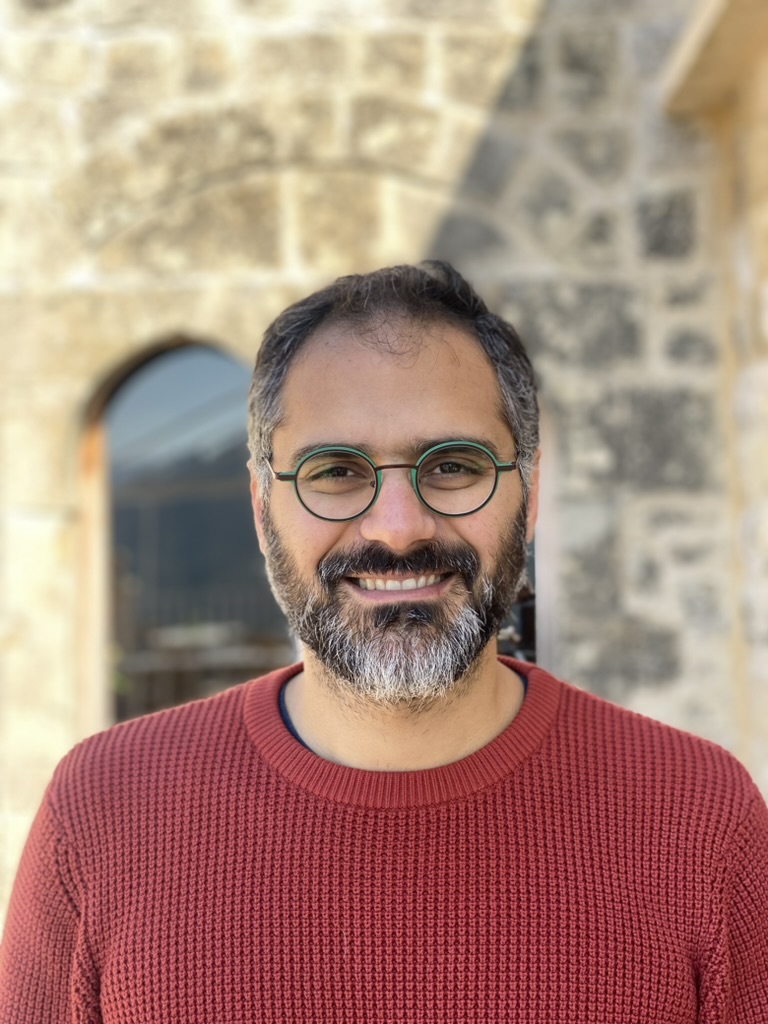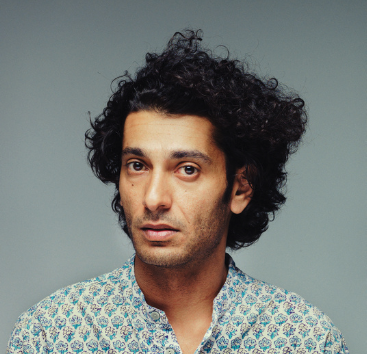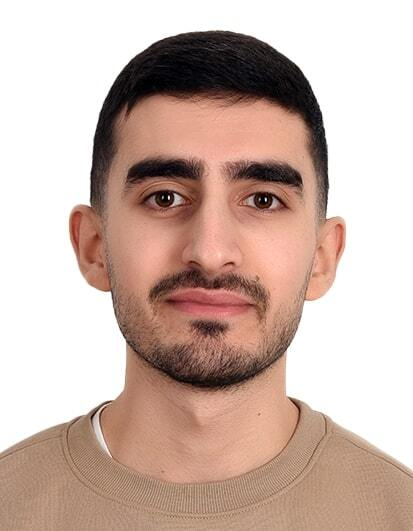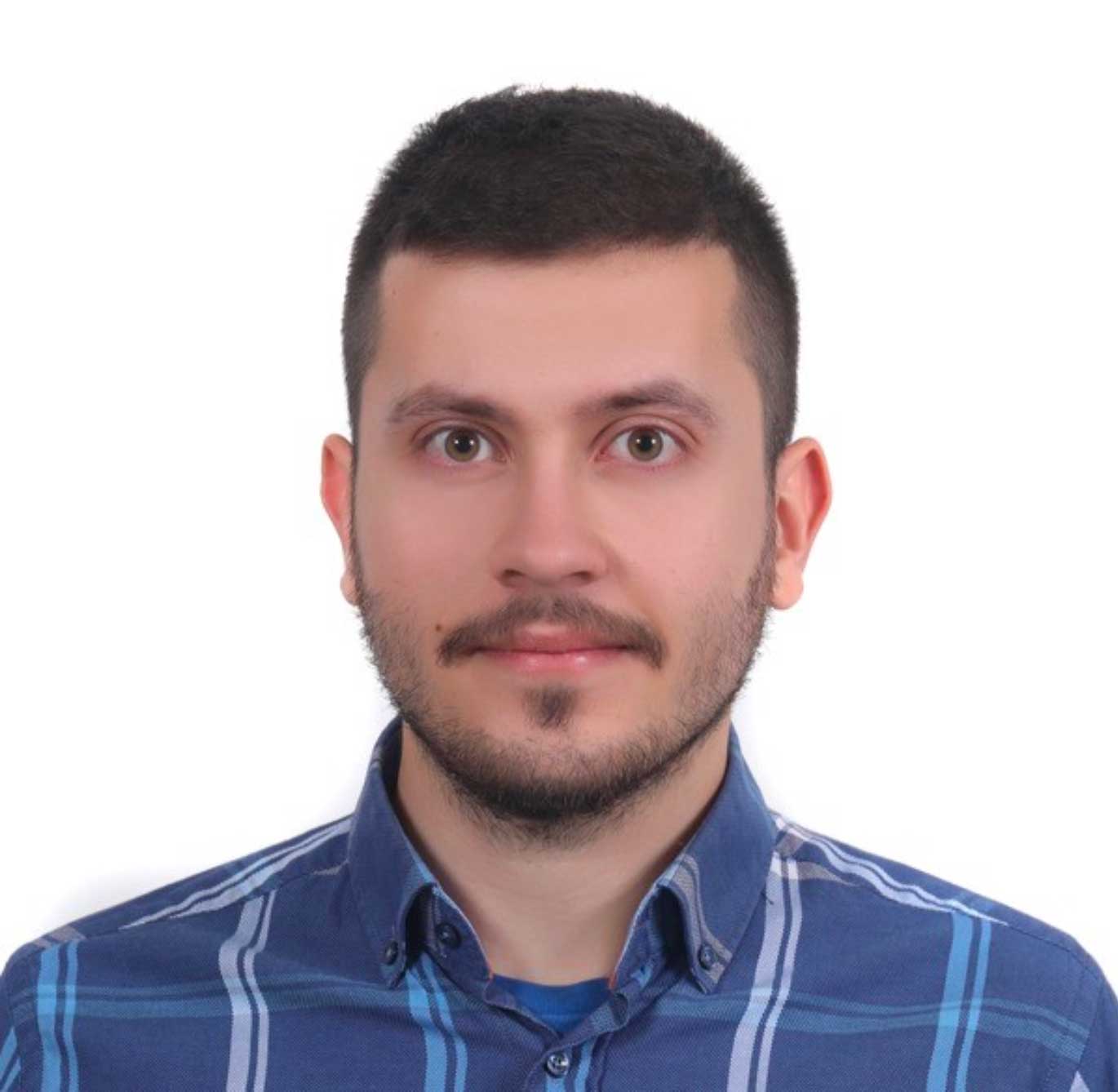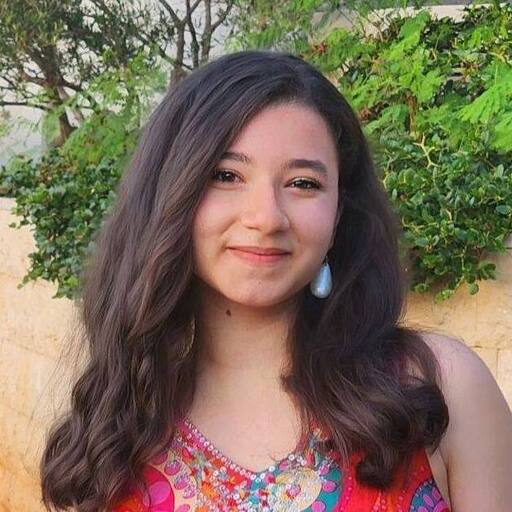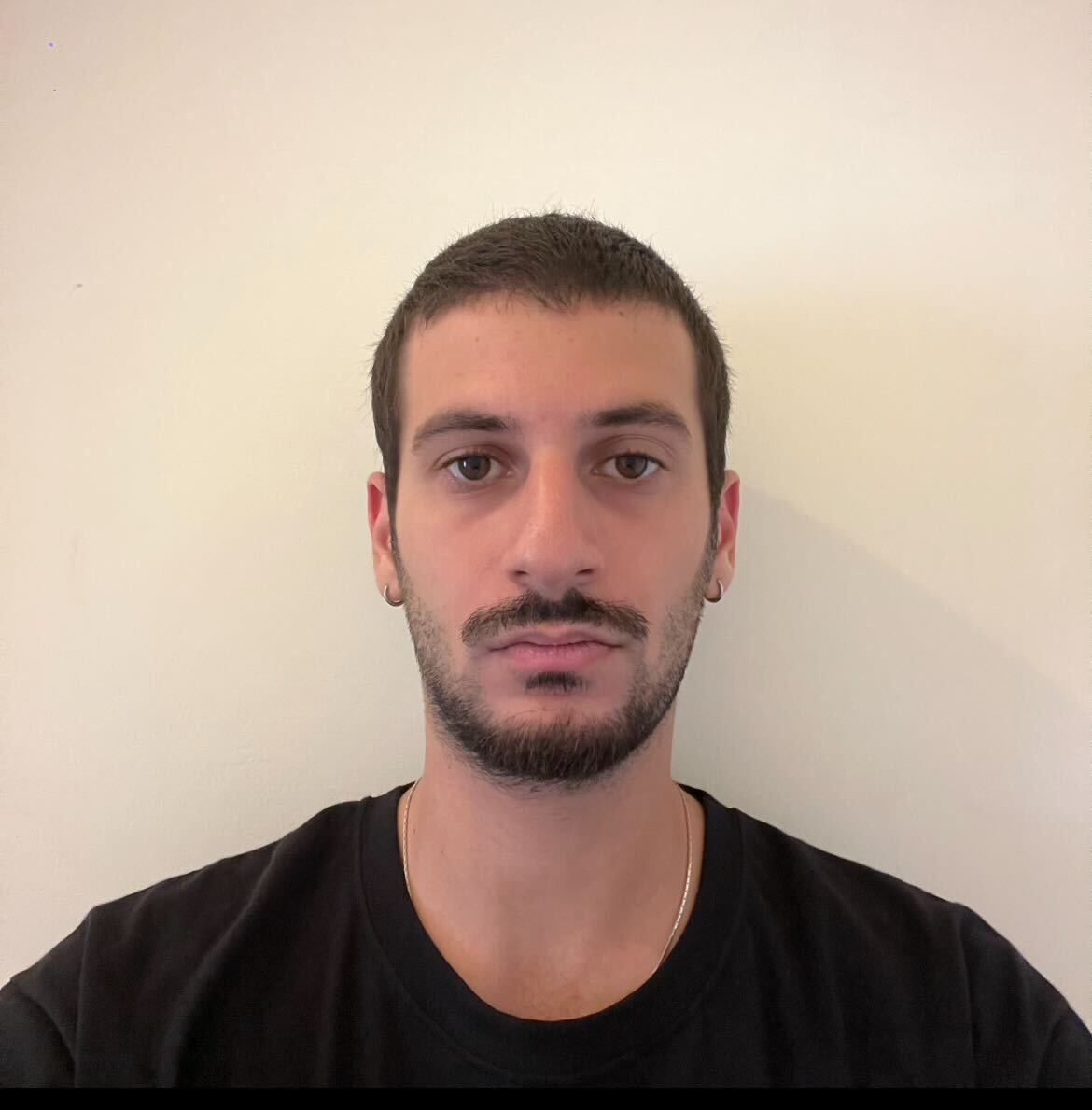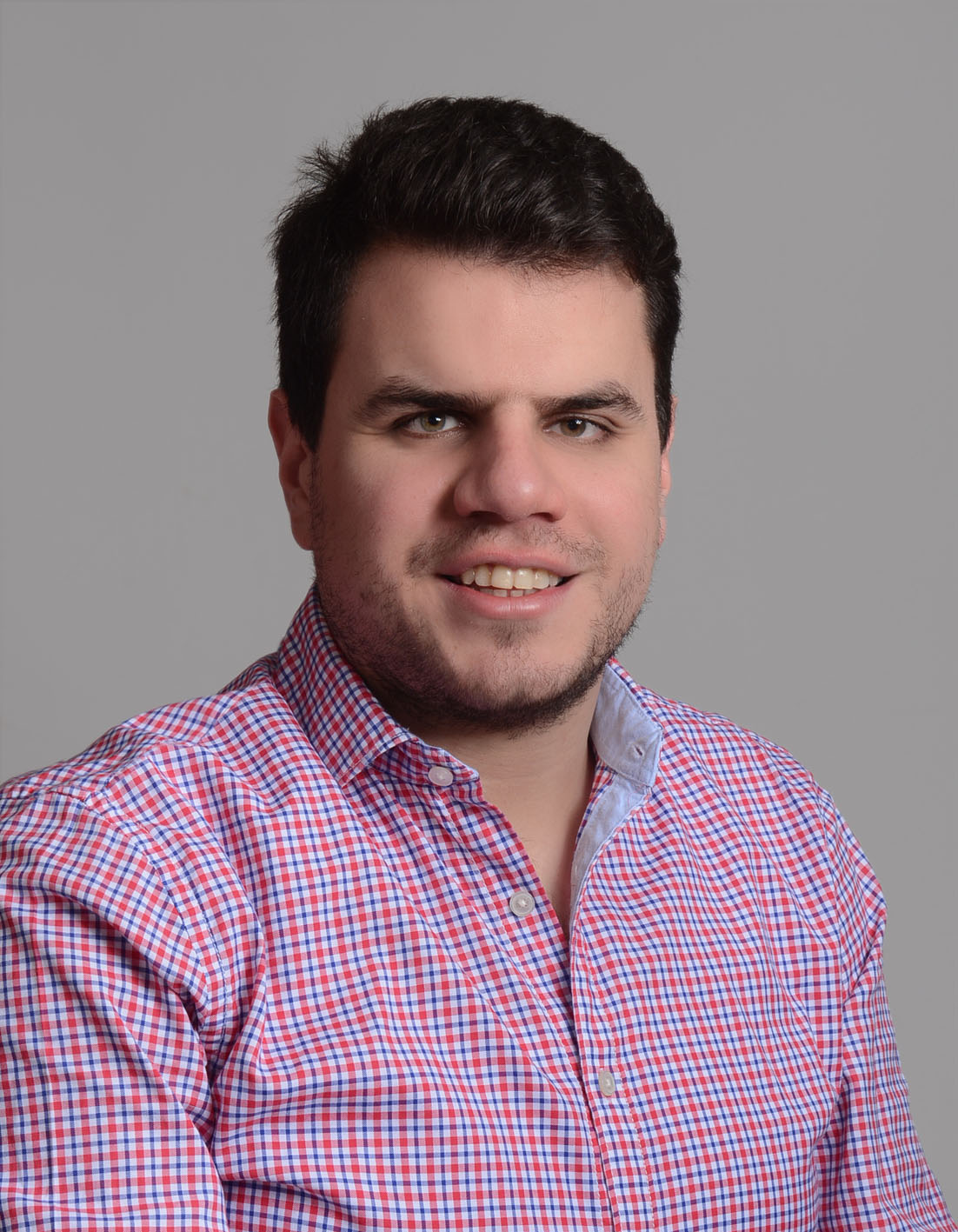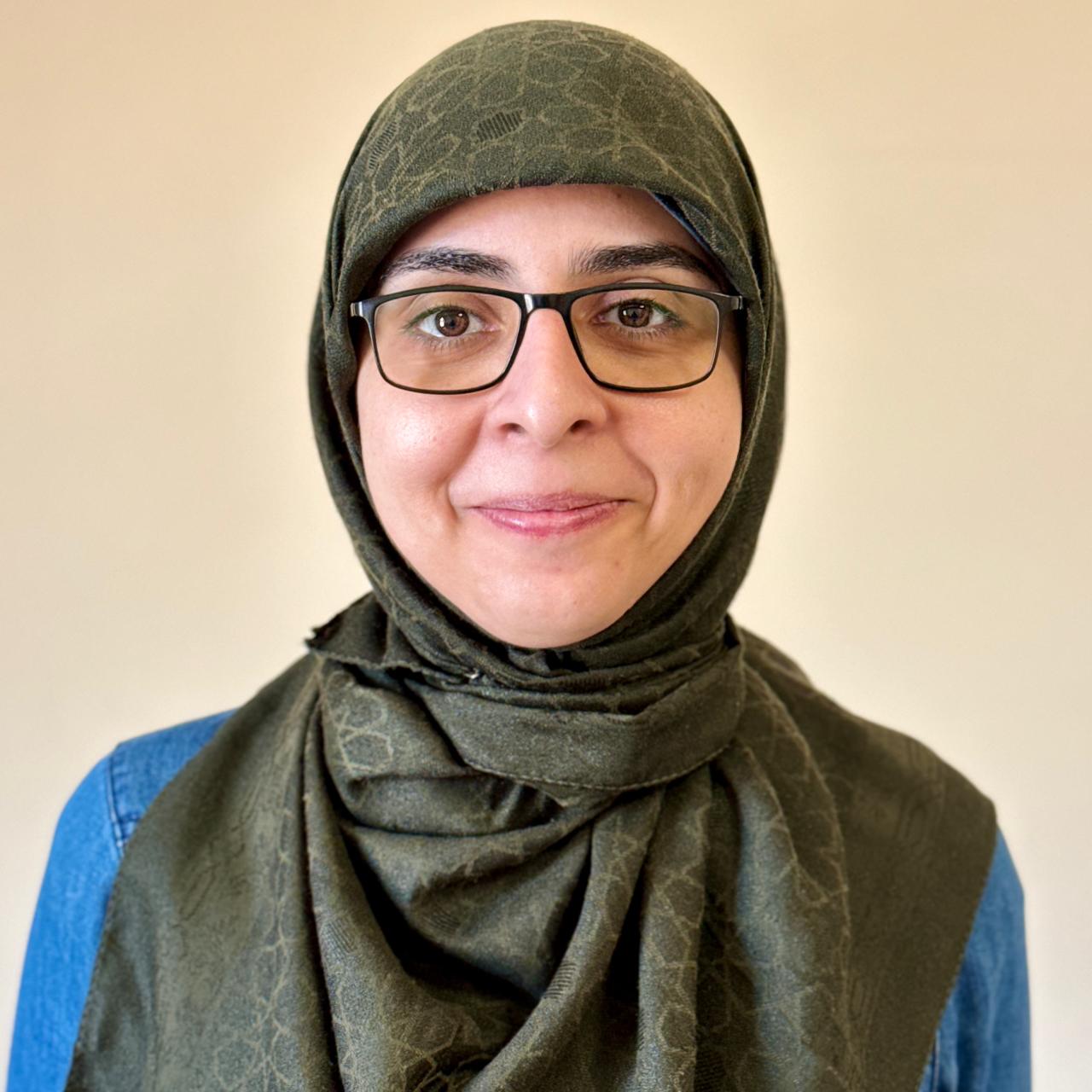We explore the intersection of music, technology, and intelligence by combining science, mathematics, and machine learning with cultural traditions. Our goal is to empower music creation in ways that are personal, human, and deeply meaningful.
What we do
Music represents three interconnected forms of intelligence:
- Physical Intelligence: The embodied musical experience and muscle memory that develops through practice
- Mathematical Intelligence: The relationships between sounds, harmonic structures, and patterns
- Computational Intelligence: Signal analysis, pattern recognition, and machine learning
Our lab bridges these intelligences to preserve human creativity while exploring technological possibilities, creating new ways of experiencing and understanding musical expression.
Our Projects
Intelligent Musical Interfaces
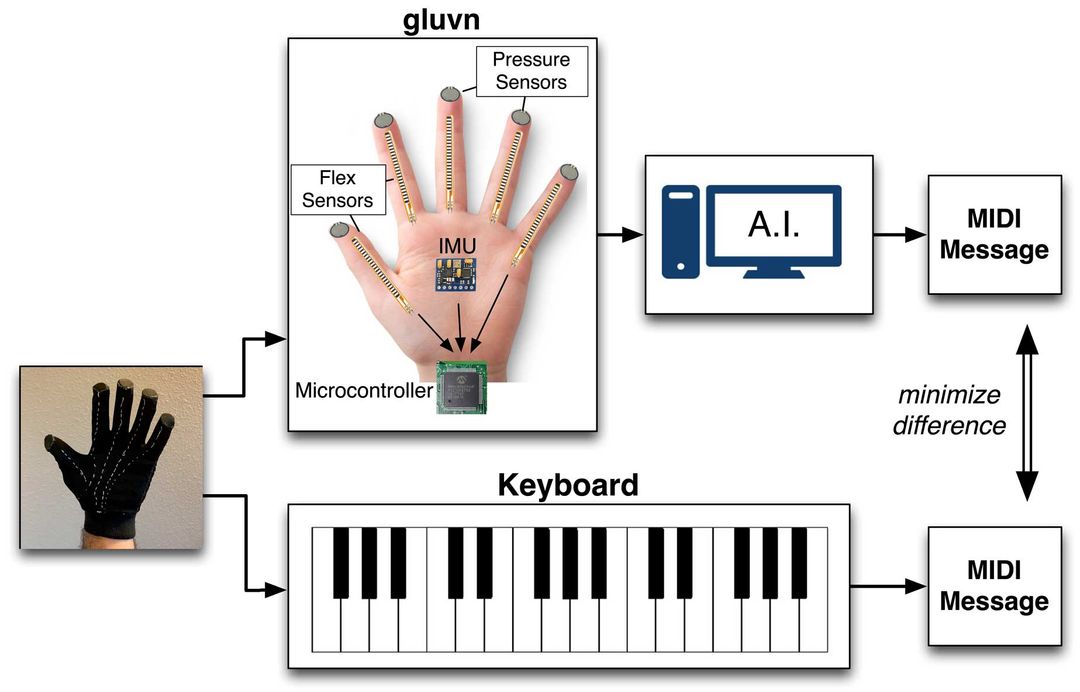
Our goal is to create intuitive interfaces for musical expression that blend human creativity with machine intelligence. We focus on designing novel electronic and acoustic instruments and developing generative AI algorithms for music creation.
A key area of focus is developing interfaces specifically for Arabic music, accounting for unique musical characteristics including distinct scales, rhythms, and nonstandard tuning systems. These interfaces aim to empower musicians to explore new forms of expression while preserving cultural authenticity.
Algorithmic Composition and Generative AI
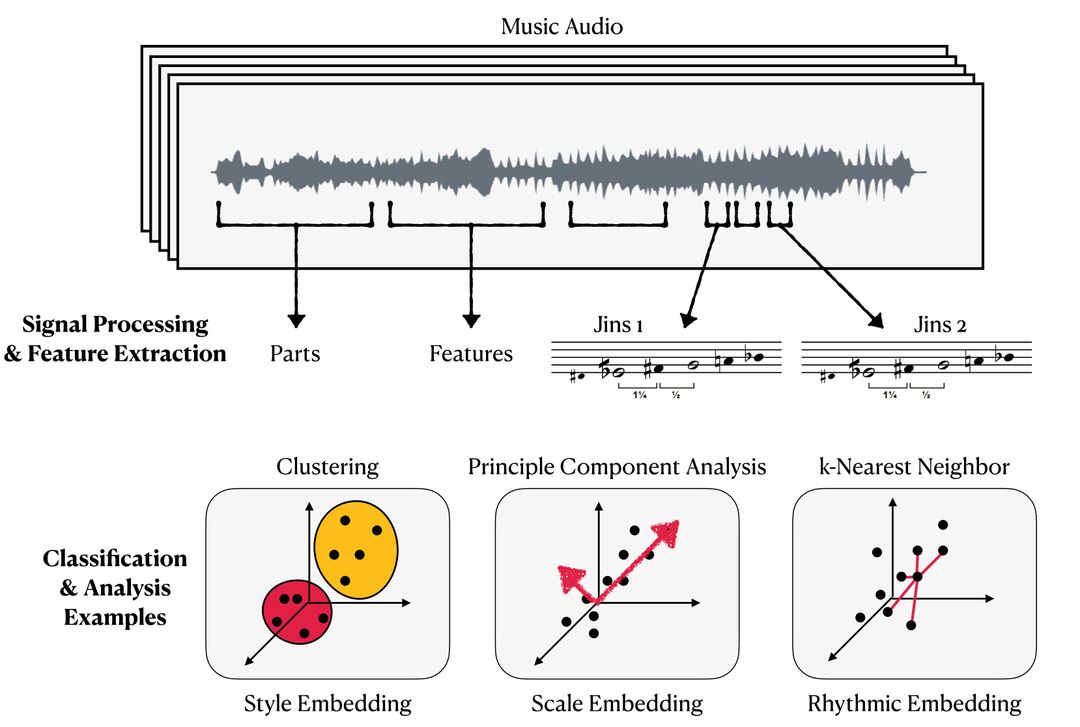
We explore generative AI's potential in music creation, particularly for real-time music generation and improvisation. Our research investigates how generative AI models can create realistic music by learning from text-to-audio data and expanding Arabic musical traditions.
This project examines AI's evolving role in future music creation, balancing technological innovation with the preservation of human creativity and cultural expression. We're particularly interested in how these technologies can serve Arabic music's distinctive tuning systems and compositional practices.
Digital Arabic Maqam Archive
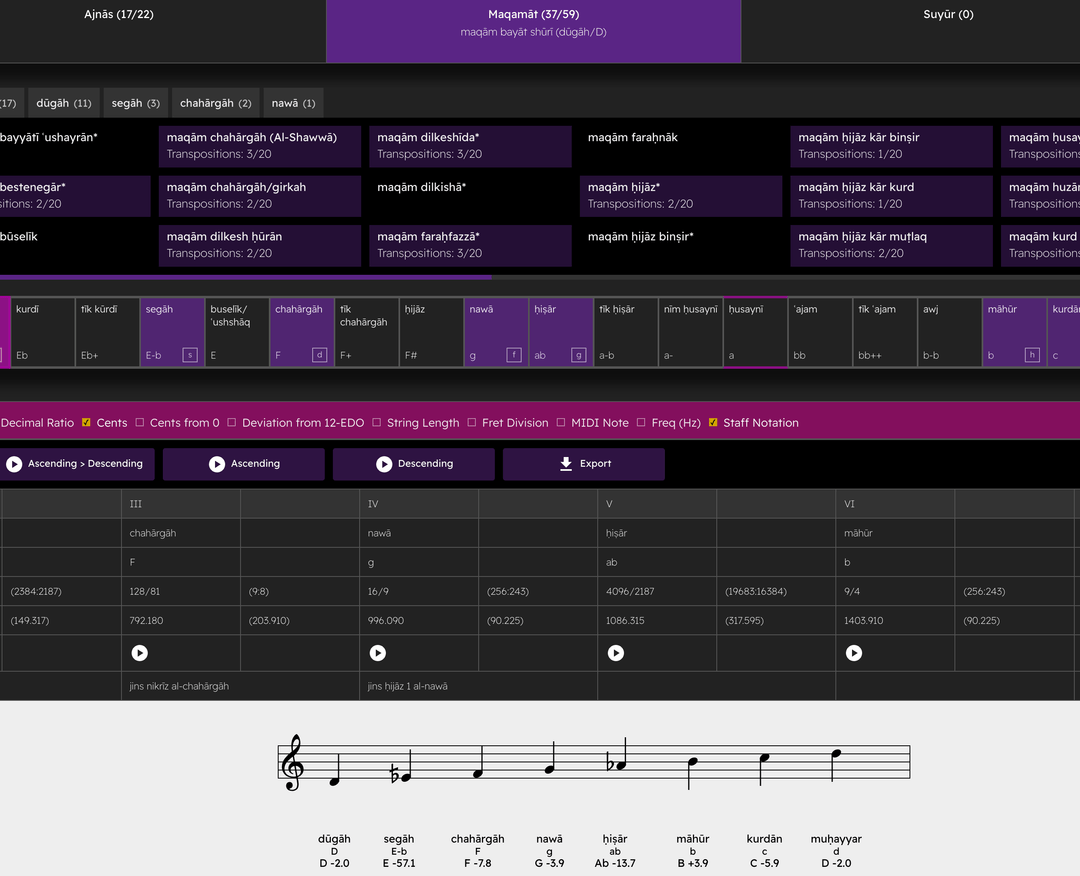
The Arabic Maqam Archive is a comprehensive web-based platform for exploring Arabic maqām theory and practice. This open-source, open-access digital framework is the first to unify tanāghīm (tuning systems), ajnās (tetrachords), and maqāmāt (melodic modes) in a single interactive environment.
The platform integrates historical tuning systems and melodic modes, utilizing network analysis to reveal connections and relationships within Arabic musical traditions. This tool serves both researchers and practitioners, offering new insights into the rich complexity of Arabic music theory.
Team
Partnerships
- Center for Advanced Mathematical Sciences (CAMS)
- Artificial Intelligence, Data Science, and Computing Hub
Opportunities
We welcome MS and PhD student applicants at the American University of Beirut. Undergraduate students can get involved through the Vertically Integrated Project Program (VIPP).
For inquiries, please email: jb50@aub.edu.lb
